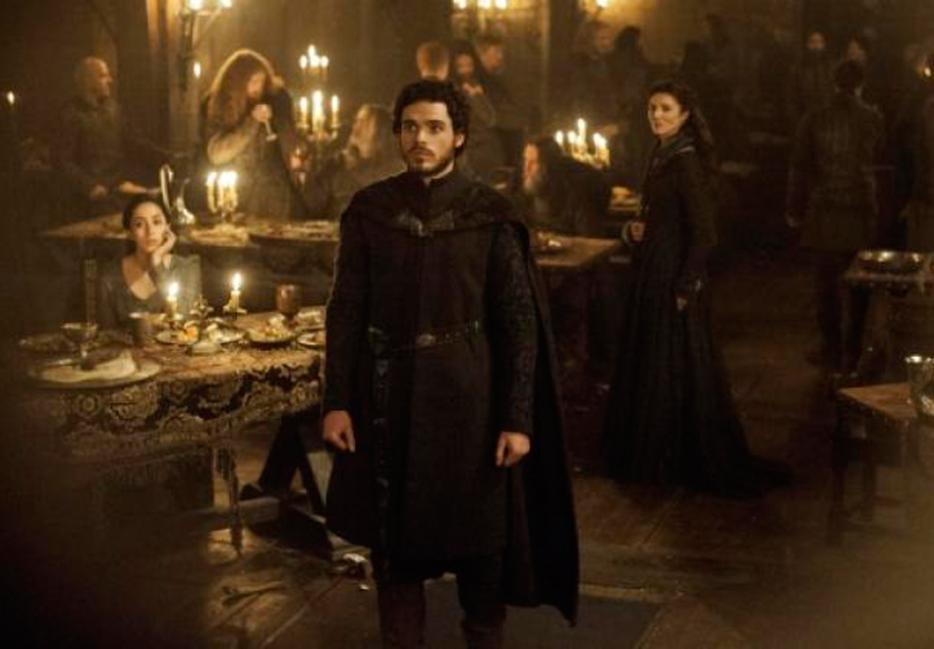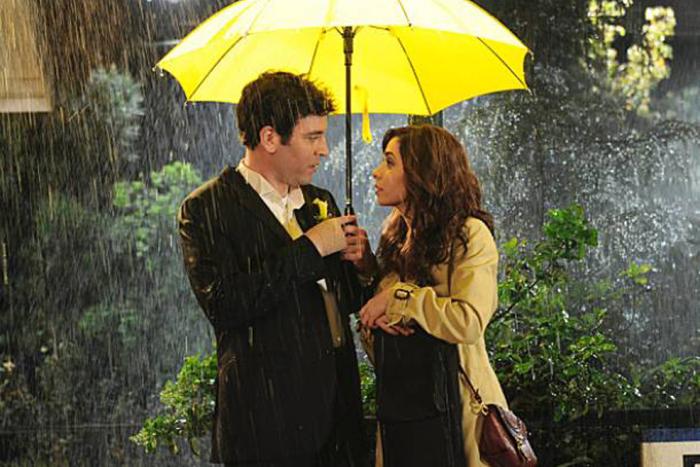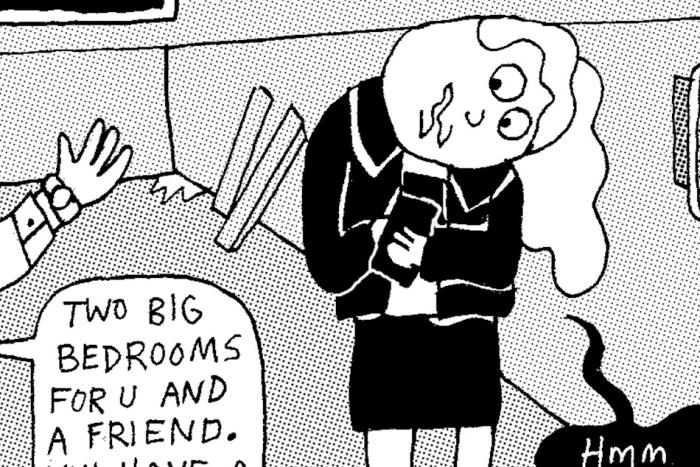One of the most annoying, if not exactly vexing, problems of fiction is that made-up worlds don’t wear caprice quite as well as the real one. Our tendency to order randomness and chance into just-so stories is something like an inviolable law in the land of make-believe—a hitch we have to expend energy to get over when that long-lost love just happens to bump into our protagonist at a very opportune time, or when a shooter ices one of the main characters in a courtroom.
This sort of hiccup goes double when it’s a random occurrence that exists outside the bendable rules of the fake world as we understand them: the appearance of an old flame would probably actually work quite well in the world of CBS’s The Good Wife, but as Margaret Lyons at Vulture suggests, Will Gardner’s last call a couple weeks ago was especially jarring because it’s not the kind of show we were conditioned to think we were watching—that is, the kind that wouldn’t abruptly kill off its male lead in a shocking act of violence. It’s doubly capricious.
If there is any show on television, however, in which we should basically expect death in any number of gruesome forms, it has to be Game of Thrones—it told us as much before its first season was out, and has done a good job of reminding us regularly ever since (it returns for its fourth season this Sunday). But even in Westeros, the deaths that have happened so far are only surprising by the rules of fiction, the basic assumption we all have that our main characters are the story we’re being told.
There’s some logic to this, although it’s again the kind of logic that comes from our need to make narratives out of life’s noise: winners get to write the histories, and so it’s basically assumed that anyone who has a story written about them is going to come out ahead in the end, even if they bite it along the way. Now, granted, Star Wars is probably a less interesting movie if it’s just two hours of a brutal imperialist force blowing up rebel ships and planets. Actually, that’s probably a really interesting movie, but it’s probably not a cultural touchstone, at least not for us perpetual underdogs in the lower classes.
Game of Thrones clearly gets off on subverting what we’ve come to expect out of a fantasy series: our founding family, the Starks, are currently a handful of pissy children away from being an evolutionary dead end, and the brutal, scheming Lannisters are cloaked in gold in their pockets and on their heads, the picture of fantasy good almost relentlessly bent to self-interested evil (and even that early characterization is consistently frustrated). Still, all of the deaths that occur inherently follow the show’s own cold logic—that noble ideals and even a good dose of cleverness are no match for dispassionate scheming, passionate hurt, and the judicious execution of the power to act on the two. The deaths are not remotely shocking in retrospect; the surprise comes from an error in our understanding of the rules of the game, not their sudden change.
That Game of Thrones adheres to a set of rules bigger than its characters is what separates it not just as a fantasy epic, but as a show about schemers scheming for power. A genre with a bit of a mini-boom of late—I subscribe to the standard interpretation that, as with conspiracy theories, the idea that our leaders are not only powerful but actually quite capable is a comforting one when we feel particularly powerless—the opposite end of the Thrones model is House of Cards.
The Netflix hit presents itself as a kind of exploration into the ruthlessness necessary to lead, but for all of its smart exploration of interpersonal power dynamics—especially between its main heavy Frank Underwood and his wife Claire—it is a mind-numbingly conventional show in its narrative construction. Early into its second season, it was following a vice-president who was also a serial murderer, a man not so much bulletproof as possessed of a Rambo-like ability to bend bullets around his body and send them straight back between the eyes of the shooter. Whatever the show has to say about power and its execution is blanched by the fact that its hero is basically a supervillain. The only actual rule it seems to be following is that Frank Underwood is untouchable, and you screw with him at your own peril. At this point, his only fitting end would come at the hands of James Bond.
There is some kind of base-level pleasure in watching this, sure, but it can also feel like one long string of convenient coincidences, and it certainly reduces the tension of any given moment. The inevitability of a Game of Thrones twist is only fully apparent after the fact—and even if you figure it out, it has the added brutal catharsis of bearing down on a character it’s taken the time to convince you to not just care about, but probably even actively cheer for.
That’s the kind of pointed planning that not only makes for a good yarn, but can tweak the way you look at the world beyond the screen. When it comes to shows about schemers, it helps to be in the hands of people who are at least as good as their characters.






